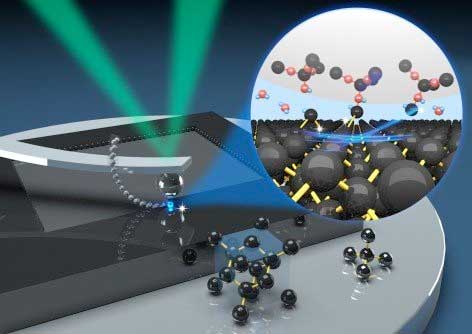
Monday, April 23, 2018
A simple method etches patterns at the atomic scale
Researchers have developed a precise chemical-free method for etching nanoscale features on silicon wafers.
Paint job transforms walls into sensors, interactive surface (w/video)
Smart walls react to human touch, sense activity in room.

Neutrons provide insights into increased performance for hybrid perovskite solar cells
Neutron scattering has revealed, in real time, the fundamental mechanisms behind the conversion of sunlight into energy in hybrid perovskite materials. A better understanding of this behavior will enable manufacturers to design solar cells with increased efficiency.
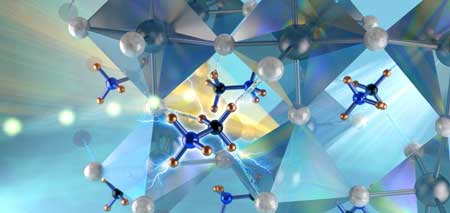
Liquid cell transmission electron microscopy makes a window into the nanoscale
Engineers have developed an LC-TEM device that uses multiple windows and patterned features to explore the impacts of high-energy electron bombardment on nanoparticles and sensitive biological samples.
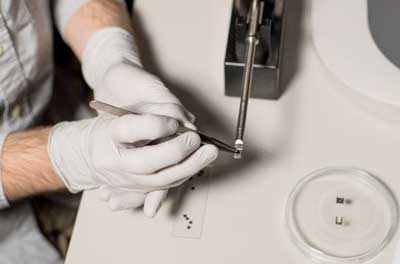
A better fake leather, inspired by plants
Researchers invent nanocoating for synthetic leather that cleans itself - and won't get sticky on a hot day.
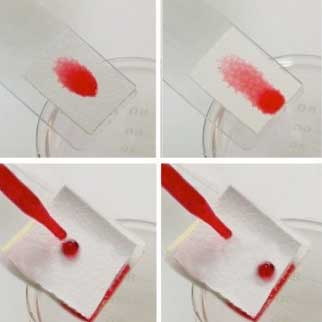
Nanoparticle breakthrough could capture unseen light for solar energy conversion
Scientists demonstrate how organic dyes work as antennas to help harness, convert light .
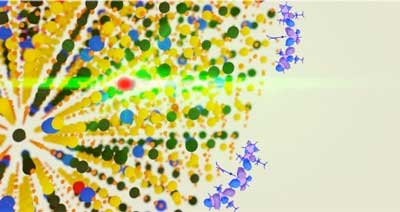
Nanoengineering concrete with graphene drastically reduces carbon footprint
The new composite material also is more than twice as strong and four times more water resistant than existing concretes.
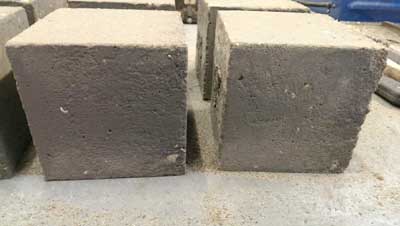
Molecules brilliantly illuminated
Pjysicists have developed a high-power laser system that generates ultrashort pulses of light covering a large share of the mid-infrared spectrum. The researchers envisage a wide range of applications for the technology - in the early diagnosis of cancer, for instance.
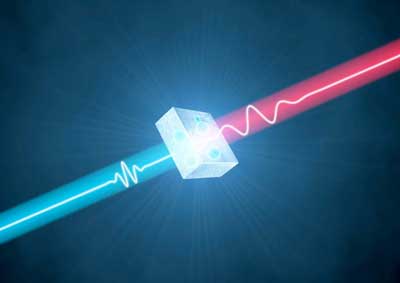
Physicists gain control over transitions between different states of matter
An international group of physicists managed for the first time to experimentally observe the transition between two different states of matter: propagating polariton-solitons and a Bose-Einstein condensate.
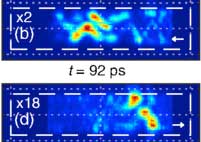
Making drugs 'smarter' using nanotechnology
Scientists have devised a new technique to decorate gold nanoparticles with a protein of choice so they can be used to tailor drug to more accurately target an area on the body, such as a cancer tumour.
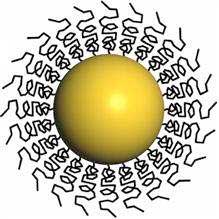
Subscribe to:
Comments (Atom)
